Life Changers – Blog Tour Edition
April 17, 2015
Whew! It’s been a whirlwind of a month so far as I have launched my first FREE e-book out into the world. A HUGE thank you to everyone who has shared it, downloaded it, and read it. I’m thankful to have my words accompany a small part of your life. As part of my book promotion, I have been spending time on a blog tour visiting several of my friends’ internet homes talking about the themes surrounding my book. So this week’s Life Changers edition will be a round-up of all my guest posts. I hope you will also take the time to browse each of these awesome people’s sites and get to know them. My friends are your friends!
First stop, Ed Cyzewski, who has been an invaluable resource to my writing journey, an encouraging coach, and a kind but firm editor of my book. If you don’t follow him, you’re missing out on some serious wisdom and getting to know a super great guy. Thank you Ed for interviewing me!
You talk about 10 different types of people the church may have overlooked in your book, but are there one or two groups in particular who really stood out and prompted you to begin writing this book?
You know, I am very drawn to stories of suffering. I was one of those kids where if my friends got hurt with an injury I would be the one crying! The chapters on grieving and depression both come from empathizing with painfully personal stories of loved ones in my life, and I felt most compelled to use my writing voice to amplify their stories.
One of the Ten Christian Voices We Can’t Ignore in my book are the people who are “too sad.” One leading voice on the subject of grief, suffering, and God is my friend Jessica Kelley, who blogs on this subject from the experience of losing her four year old son. If you get a chance, watch her testimony, it is incredibly impactful. She was so kind to host some of my words on grief here.
I think suffering is such an intensely isolating experience because none of us experience pain and loss in quite the same way. Death, disease, separation, rejection happen to us at different seasons of our lives, through unique circumstances, to vastly diverse individuals. The only thing universal about suffering is that we all inevitably come face to face with it. And that, the humanity of suffering, is enough to draw us together to hold space in a healing way for one another.
Speaking of suffering, in my chapter on “too disabled,” I quote Tanya Marlow, whose diagnosis of M.E. sometimes leaves her wheelchair bound, giving her a unique perspective of suffering and God through those experiences. She is smart, profound, compassionate, and an extroverted writer like me! She interviews me here.
T: In the book, you quote Chimamanda Ngozi Adichie talking about ‘the danger of the single story’ – why do you think this is so dangerous in a Christian context?
C: I think the danger arises when a dominant narrative subsumes the stories from the margins. When there is no space for diverse people to live true to their own selves, their own gifts, their own experiences, there remains two unfortunate options. In the first, they assimilate and conform to the majority so as not to ruffle feathers or make people uncomfortable. This results in erasing a large part of their identity and humanity. This is harmful and unjust. Second, they may leave altogether. This is a travesty and loss to the Christian community. I argue in the book that the way to be a more faithful community is make room for minority voices. We, as Christ followers, ought to be more concerned about the marginalized, whispered stories than appeasing the needs of the crowds.
If you’ve been following me, you’ll know I consider Esther Emery my sister from another mother. I love her ideas, her passion, her writing. What I really want is to visit her in her yurt in the woods, but I’ll settle for visiting her blog here.
It is my deeply held conviction that our salvation lies on the edge. I think the lives of the outliers have transformative power to make the world a better place. I think it is our sacred duty to mine the stories of those in the margins; those rejected by the majority and silenced by the powerful. People made invisible by systemic alienation. I think we are most Christ-like when we camp out there at the margins and find people to tell them, yes you, you belong with us. I think we are in the business of stretching boundaries, just a little bit every time, so that a few people at a time outside are brought inside.
Tiny, revolutionary shifts. Outside In.
Sometimes I get a little crazy on the blogosphere because it seems like the overwhelming majority of bloggers are white. When that happens, I turn to Alia. You can read a bit about my rant to her in this guest post.
“Alia, is blogging only for white people?” I asked unreasonably.
It’s not the first time I’ve felt the sting of being different. When I was choosing a college, I decided on a Christian College well known for academic excellence. I wanted to learn and I wanted to be with my people, fellow believers of Jesus. But when I arrived on campus, I was met with a sea of white students, and I spent four years being mistaken for other Asian girls and asked whether I’m from Thailand (I’m from Taiwan).
Stephen Mattson is a fellow Sojourner blog contributor! We are both social justice Christians who like to write about it. He was so kind to let me write for his blog here.
We create cultures by cultivating same habits and shared values. What makes a society cohesive is a collection of mutually agreed upon, if not explicitly stated set of rules for living. There is great comfort in homogeneity, in staying within the boundaries of accepted behaviors, acknowledging with ease that this is the way things are done.
Except it doesn’t look very much like God’s plan for us.
Tim and Olive Chan gave me an opportunity to share an excerpt of my book from the chapter, “too busy,” and I’m glad they weren’t too busy to run my guest post! Thank you so much!
When we strip down the distractions of everyday life, or even when we take away supposedly spiritual practices and simply do less, we allow room for God to manifest in ways that aren’t manufactured by our human bidding. I’m not saying there isn’t a place for guided practices. Many people find them helpful. However, consider that growth may not come from adding one more memory verse, prayer, Bible study, or ministry. The church has an opportunity to be counter-cultural when we reject economic productivity models and value the slow movement of tending our spirituality. In nurturing our faith, less is often more.
Ben Irwin is the author of the beautiful children’s book, The Story of King Jesus. If you haven’t checked out his latest series on how to tell God’s story well, they are well crafted and will shape how you approach Scripture. Plus they come with illustrations and let’s face it, pictures are more fun than words. I decided to talk on his blog about how telling good stories affect our own stories of life. Thank you, Ben!
The Story of God is a living, ongoing narrative, embodied both in the text of Scripture and in the context of faithful communities. It doesn’t remain static, but evolves and expands as it touches lives and creates new stories.
You will see me around in a few more places, introducing my book to new people. If you haven’t already, sign up for my newsletter and get the book FOR FREE. Thank you again for your support of the launch of my book, it has been a wild ride.

